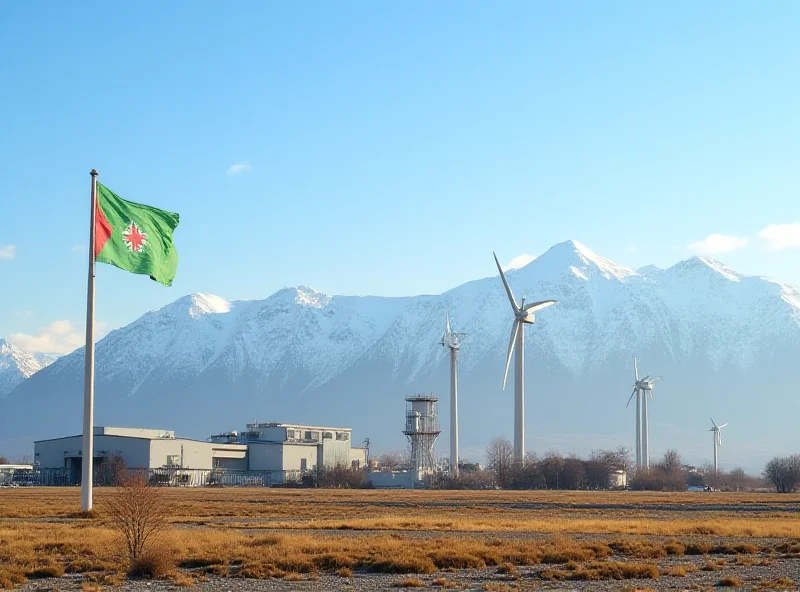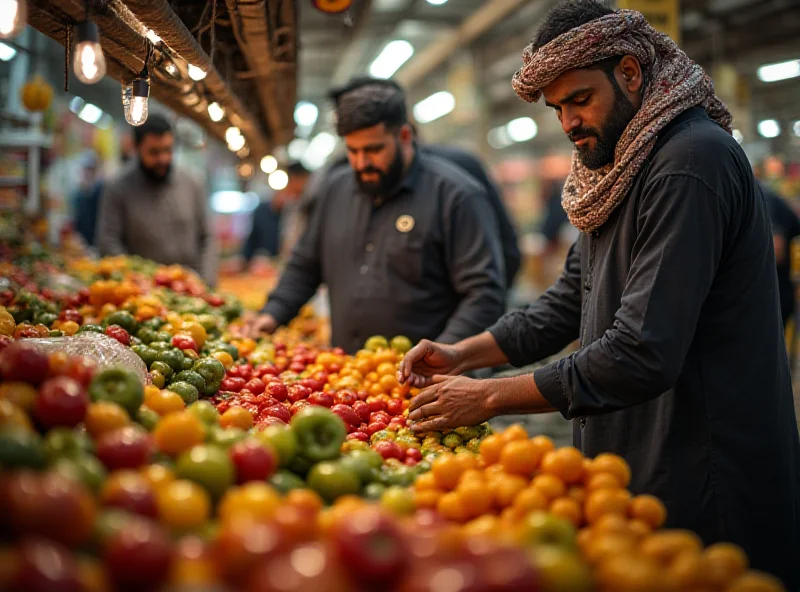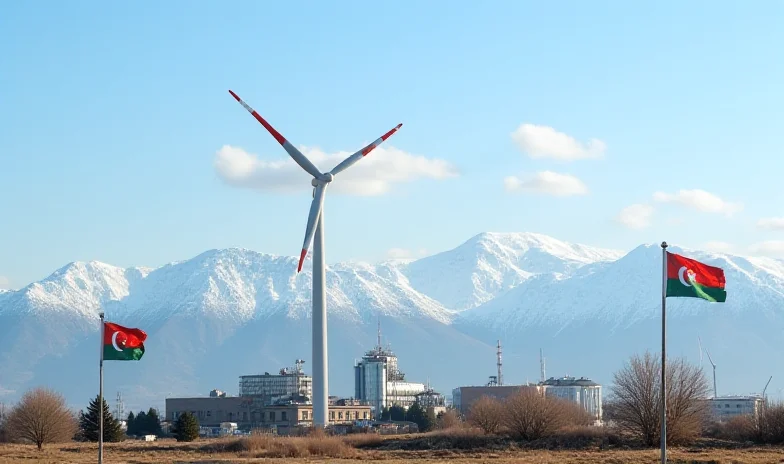Ramadan, the holy month observed by Muslims worldwide, brings with it significant economic and social impacts. This year, the effects are being felt across Asia, from trade discussions in Central Asia to consumer concerns in Pakistan and workplace adjustments across the corporate landscape.
Tajikistan Seeks Stronger Regional Trade Ties
Tajikistan is actively exploring ways to bolster industrial cooperation with India, Iran, and Pakistan. These discussions signal a move towards strengthening regional economic ties and fostering industrial development. While specific details of the proposed measures are still under debate, the overarching goal is to enhance bilateral and multilateral collaboration between Tajikistan and these key partner nations. This initiative could lead to increased trade, investment, and technology transfer, benefiting all participating countries.

“Strengthening industrial cooperation is crucial for Tajikistan's economic growth and integration into the regional market,” says an anonymous source familiar with the discussions. This push for stronger ties comes at a time when regional cooperation is more important than ever for sustainable development.
Pakistan: High Prices Dampen Ramadan Festivities
In Pakistan, the start of Ramadan has been overshadowed by concerns over rising prices and the quality of produce. Consumers are expressing dissatisfaction, highlighting the economic challenges faced during this important religious period. Many families are finding it difficult to afford essential goods, impacting their ability to fully participate in Ramadan traditions.
The rising cost of living has been a persistent issue in Pakistan, and Ramadan often exacerbates these problems due to increased demand. Reports indicate that high prices and low-quality produce are causing significant distress among consumers.  This situation underscores the need for measures to control inflation and ensure access to affordable, high-quality food for all.
This situation underscores the need for measures to control inflation and ensure access to affordable, high-quality food for all.
Creating Inclusive Workplaces During Ramadan
Beyond trade and prices, companies are increasingly recognizing the importance of supporting their Muslim employees during Ramadan. Small, yet significant adjustments can create a more inclusive and nurturing environment for all staff members. These adjustments can include flexible working hours, designated prayer spaces, and thoughtful catering options during Iftar (the evening meal to break the fast).
DBKL (Kuala Lumpur City Hall) and Bank Muamalat in Malaysia have launched 42 Ramadan and Aidilfitri bazaars, providing merchants with affordable rental rates and sponsorships. This initiative not only supports small businesses but also contributes to the festive atmosphere of Ramadan.  The sponsorship, which includes tents, aprons, and hats, helps merchants reduce their operating costs and focus on serving the community during this special time.
The sponsorship, which includes tents, aprons, and hats, helps merchants reduce their operating costs and focus on serving the community during this special time.
By implementing such initiatives, businesses can demonstrate their commitment to diversity and inclusion, fostering a more positive and productive work environment. As one HR manager stated, "These small gestures can make a big difference in the lives of our Muslim employees, showing them that we value their contributions and respect their traditions."

In conclusion, Ramadan's impact extends far beyond religious observance, influencing trade relations, consumer behavior, and workplace dynamics across Asia. As the month progresses, it is crucial to address the economic challenges faced by communities and promote inclusive practices that support individuals and businesses alike.
